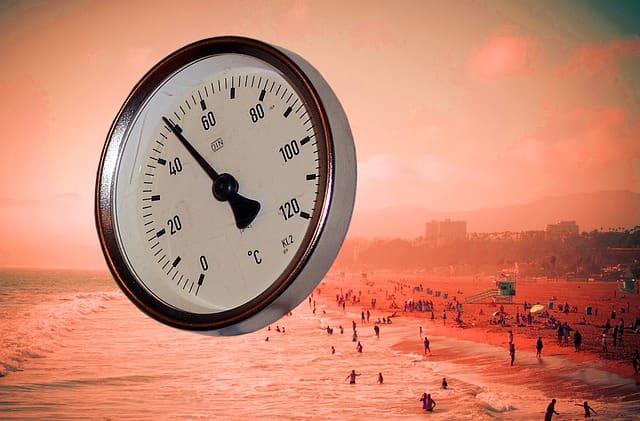Paris, France | AFP – Europe’s rivers, lakes and groundwater are riddled with “alarming” levels of a persistent man-made ‘forever chemical’ linked to synthetic pesticides, a coalition of non-governmental organisations said on Monday.
The European Pesticide Action Network (PAN Europe) and its members analysed more than two dozen surface and groundwater samples from 10 European Union countries and found PFAS long-life substances in all.
They said the abundance of one chemical in particular, trifluoroacetic acid (TFA), represented “the largest known area-wide contamination by a man-made chemical” that well exceeded limits proposed by the 27-nation EU.
“The extent of the contamination is alarming and calls for decisive action,” PAN Europe said in a new report detailing its findings.
Widely used in everyday items like cosmetics, non-stick pans and fire extinguishers, PFAS are highly durable products that can take centuries to break down.
They have been detected in water, air, fish and soil in the remotest corners of the globe, and concern over their possible impact on human health has been growing.
Degrading PFAS used in pesticides are a major source of TFA. They are also released into the atmosphere from certain cooling systems and eventually enter the water cycle through rain.
TFA is the “perfect” groundwater contaminant because it is highly soluble in water, extremely mobile and evades soil and other natural filters that remove pollutants, the report said.
“They can enter the groundwater almost unhindered and remain there for centuries,” it said.
The samples, tested by the Water Technology Centre in Karlsruhe, Germany, found TFA in all water samples, with concentrations ranging from 370 nanograms per litre to 3,300 ng/L.
Some 79 percent of samples had TFA levels above the proposed EU Drinking Water Directive limit of 500 ng/l for total PFAS, the report said.
A decision to class TFA as ‘non-relevant’ under EU pesticide regulations was “regrettable” considering its “toxicological profile still leaves many questions unanswered”, it added.
It said a recent study on rabbits and TFA exposure found birth defects in offspring, raising serious concerns about this chemical.
PAN Europe called for urgent interventions to address this “political failure”, starting with a “rapid ban” on PFAS pesticides and a rethink on the threat posed by individual chemicals like TFA.
jmi/np/gil
© Agence France-Presse
Featured image credit: frimufilms – Freepik.com




